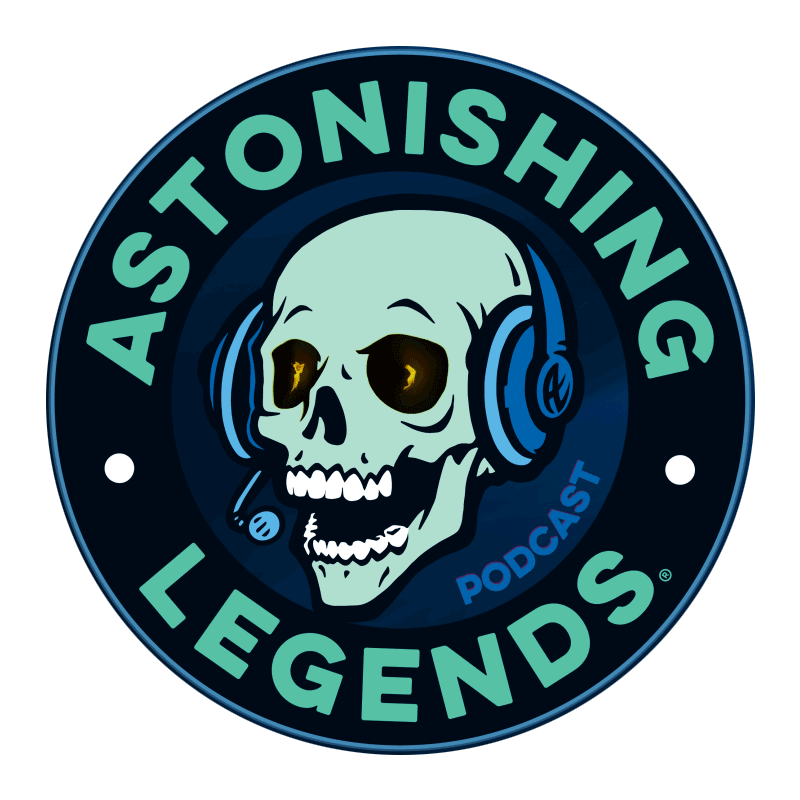Have YOU Dreamed Lately?
Think about it for a second: when was the last time you dreamed? I mean, really dreamed. Can you remember? Okay, good. When was the last time you dreamed for consecutive nights in a row? Do you think you're dream deprived? The New York Academy of Sciences recently published an article entitled Dreamless: the silent epidemic of REM sleep loss, and they think we might be "at least as dream deprived as we are sleep deprived."
Let's start off with something easy before we dig into the dream stuff. Any typical sleep follows a "a cyclical pattern of non-REM and REM sleep: At the beginning of the night, deeper non-REM sleep is prioritized; only later in the night and into the morning does REM sleep increase in duration." During these deep REM sleep spikes are when people have the most dynamic and visceral dreams...the ones you remember.
Do you have sleep cycles down? Good! Now...let's move onto dreams.
Technically, we aren't entirely sure what dreams are. According to Penelope A. Lewis, the author of the Secret World of Sleep, a dream is "something you are aware of at some level. It may be fragmentary, disconnected, and illogical, but if you aren’t aware of it during sleep then it isn’t a dream." She goes on to clarify that not remembering a dream upon waking doesn't mean you weren't aware of it at the time it was occurring...just that it wasn't really cemented into your memory. She also runs through a brief list of theories of what dreams might be (but, again, we don't really know). For example, Sigmund Freud suggested that dreams express our forbidden desires. Or, even that dreams are a kind of virtual reality simulation in which we are able to rehearse threatening, scary, or nerve-wracking situations. This is based in the fact that a large percentage of dreams have to do with a threatening situation.
So, we don't really know what dreams are...but they seem important in some way or another.
The author of the article, Rubin Naiman, argues that not only is a deep REM sleep important, but so are the dreams that go along with it. In fact, they are potentially vital to our health. Naiman argues we need to "assess the role of dreaming itself" as a health consequence of poor sleep.
But, is the loss of dreams a potential public health crisis?
Maybe.
REM sleep loss is associated with increased risks of all sorts, like obesity, memory problems, and inflammatory responses. People with sleep apnea and have a complete loss of REM sleep are at an increased risk for cardiovascular disease, diabetes, and depression. In fact, as The Science of Us article points out, "When researchers ran experiments depriving subjects of only REM sleep, they found that most of the negative side effects mirrored those of total sleep deprivation." Since dreams usually go hand-in-hand with deep REM sleep, could preserving our dream-states improve our health?
Luckily, Naiman isn't all doom and gloom. In fact, he offers several strategies for improving the Dream/REM cycle.
1) Try to avoid substance use (like alcohol and drugs) in the hour or two before you go to bed.
2) Decrease exposure to nighttime light (cell, computer, TV)
3) Reduce your reliance on your alarm clock! I know it sounds difficult, but Naiman says “Imagine being abruptly ushered out of a movie theater whenever a film was nearing its conclusion.” Instead of naturally finishing out your sleep cycle, you wake up to a shrill noise. Now, clearly we all have places to be...but I'd be interested in what Naiman thinks about a light-based alarm clock or a "slow" alarm clock that wakes you up in a soothing manner and more slowly than a typical alarm clock.
4) Do your best to get those required 7-9 hours a night.
5) Remember that sleep AND dreams enrich our waking life as much as going for a walk or enjoying an amazing salad can.
6) Get in tune with your dreams - pay attention them, share them with a friend, and be more aware of them. Creating a positive attitudes towards our "dreaming selves" can help create a better atmosphere in which to dream.
The above image is from Flickr User Michael Carian and is liscensed under CC BY-SA 2.0
